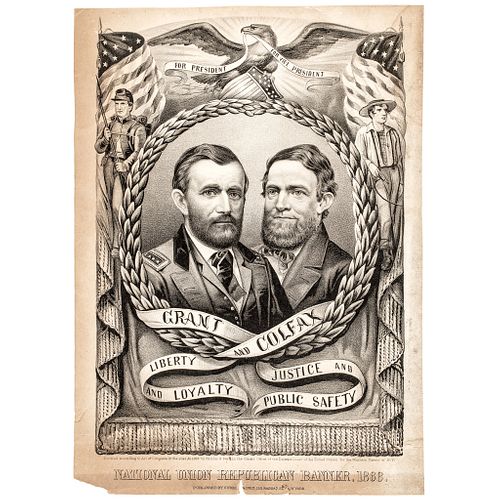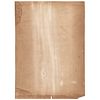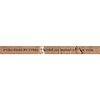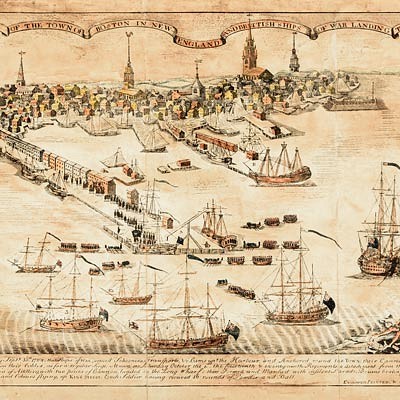1868 Grant + Colfax Jugate Presidential Campaign National Union, Currier + Ives
Lot 264
Categories
Estimate:
$500 - $600
Absentee vs Live bid
Two ways to bid:
- Leave a max absentee bid and the platform will bid on your behalf up to your maximum bid during the live auction.
- Bid live during the auction and your bids will be submitted real-time to the auctioneer.
Bid Increments
| Price | Bid Increment |
|---|---|
| $0 | $10 |
| $200 | $20 |
| $300 | $25 |
| $500 | $50 |
| $1,000 | $100 |
| $2,000 | $200 |
| $3,000 | $250 |
| $5,000 | $500 |
| $10,000 | $1,000 |
| $20,000 | $2,000 |
| $30,000 | $2,500 |
| $50,000 | $5,000 |
| $100,000 | $10,000 |
| $200,000 | $20,000 |
| $300,000 | $25,000 |
| $500,000 | $50,000 |
About Auction
By Early American History Auctions
Mar 20, 2021
Set Reminder
2021-03-20 12:00:00
2021-03-20 12:00:00
America/New_York
Bidsquare
Bidsquare : Autographs-Colonial-Political-Americana
https://www.bidsquare.com/auctions/early-american-history-auctions/autographs-colonial-political-americana-6509
330 Lots of Rare, Historic Autographs, Americana, Civil War Era, George Washington, Abraham Lincoln, Slavery & Black History, Revolutionary War Era, Colonial America, Federal Period, War of 1812, Colonial Currency, Indian Peace Medals & more... Early American History Auctions auctions@earlyamerican.com
330 Lots of Rare, Historic Autographs, Americana, Civil War Era, George Washington, Abraham Lincoln, Slavery & Black History, Revolutionary War Era, Colonial America, Federal Period, War of 1812, Colonial Currency, Indian Peace Medals & more... Early American History Auctions auctions@earlyamerican.com
- Lot Description
Political
1868 Grant and Colfax Presidential Campaign Banner
1868 Grant and Colfax Jugate Presidential Campaign Banner as the National Union Republican Candidates, published by Currier & Ives, New York, Very Fine.
1868-Dated Political Campaign Print by Currier & Ives promoting Ulysses S. Grant for president and Schuyler Colfax for vice president, representing the National Union Republicans. The portraits of Grant and Colfax are surrounded by a stylized border featuring a Union soldier flanking Grant and a farmer with a sickle flanking Colfax. Measuring about 10" x 14", this black and white print exhibits overall tone with a 1" torn bottom left corner edge selvage, and a tiny area of loss from short splits and chipping at the bottom center edge that would be covered if matted and framed for display.
The 1868 United States presidential election was the 21st quadrennial presidential election, held on Tuesday, November 3, 1868. In the first election of the Reconstruction Era, Republican nominee Ulysses S. Grant defeated Horatio Seymour of the Democratic Party. It was the first presidential election to take place after the conclusion of the American Civil War and the abolition of slavery. It was the first election in which African Americans could vote in the reconstructed Southern states, in accordance with the First Reconstruction Act.
Incumbent president Andrew Johnson had succeeded to the presidency in 1865 following the assassination of Abraham Lincoln, a Republican. Johnson, a War Democrat from Tennessee, had served as Lincoln's running mate in 1864 on the National Union ticket, which was designed to attract Republicans and War Democrats. Upon accession to office, Johnson clashed with the Republican Congress over Reconstruction policies and was nearly removed from office. Johnson received some support for another term at the 1868 Democratic National Convention, but, after several ballots, the convention nominated Seymour, who had formerly served as Governor of New York. The 1868 Republican National Convention unanimously nominated Grant, who had been the highest-ranking Union general at the end of the Civil War. The Democrats criticized the Republican Reconstruction policies, and "campaigned explicitly on an anti-black, pro-white platform," while Republicans campaigned on Grant's popularity and the Union victory in the Civil War.
Grant decisively won the electoral vote, but his margin was narrower in the popular vote. In addition to his appeal in the North, Grant benefited from votes among the newly enfranchised freedmen in the South, while the temporary political disfranchisement of many Southern whites helped Republican margins. As three of the former Confederate states (Texas, Mississippi, and Virginia) were not yet restored to the Union, their electors could not vote in the election.
Our Auction Contents:
Black History & Slavery: (Lots 1 - 63)
Abraham Lincoln Related: (Lots 64 - 74)
Historic Autographs: (Lots 75 - 235)
Colonial America: (Lots 236 - 261)
Revolutionary War: (Lots 262 - 304)
George Washington Related: (Lots 305 - 306)
Early American Guns & Weapons: (Lots 307 - 318) - Shipping Info
-
Early American provides in-house worldwide shipping. Please contact us directly if you have questions about your specific shipping requirements.
-
- Buyer's Premium



 EUR
EUR CAD
CAD AUD
AUD GBP
GBP MXN
MXN HKD
HKD CNY
CNY MYR
MYR SEK
SEK SGD
SGD CHF
CHF THB
THB














